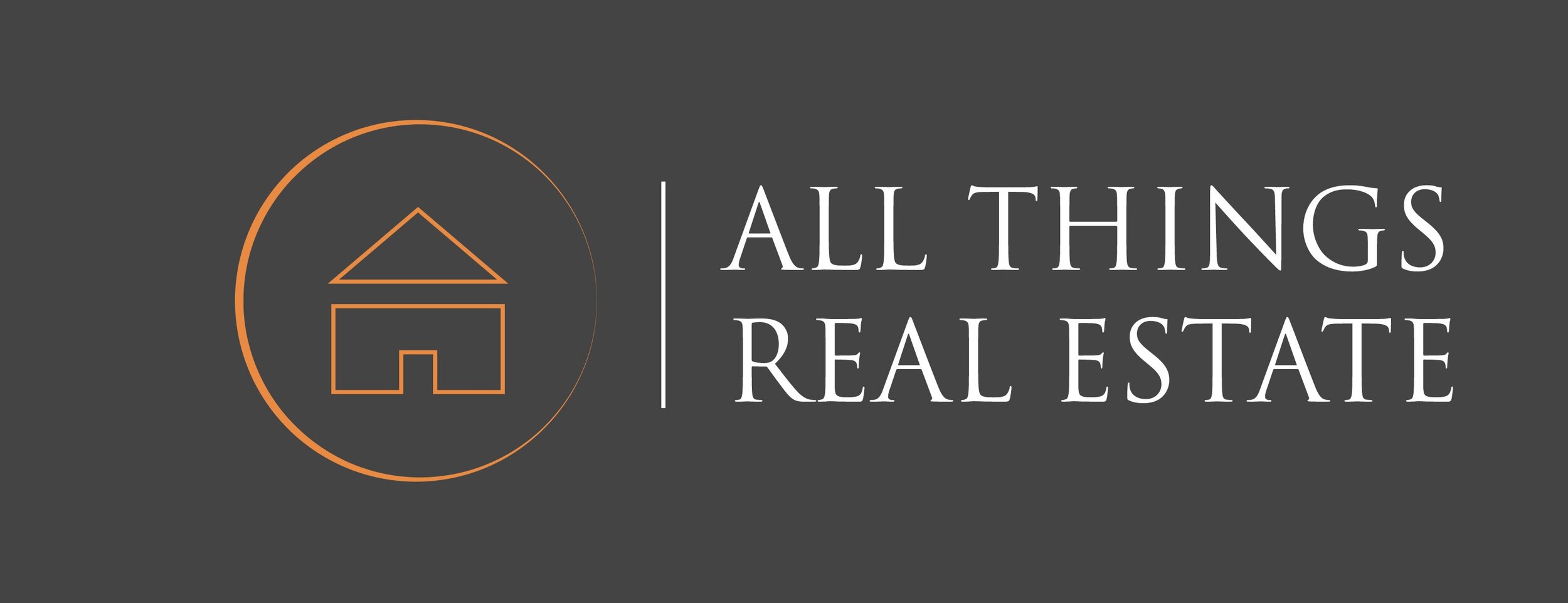The unexpected expenses property investors may not see coming
As a landlord, you probably know the regular expenses you need to cover for your property. These expenses might include your management fees, body corporate fees if you own a unit, apartment or townhouse, and larger jobs such as replacing appliances or freshening the paint. But what about those expenses you haven’t thought about? Sometimes these may be associated with something going pear-shaped at your property if a tenant leaves and stops paying rent or extensive damage occurs.
While it can be difficult to think about, having an idea of the unexpected expenses associated with having an investment property is a good way to be prepared and consider what you might do in one of these scenarios. This article outlines some of the unexpected costs you may encounter as a landlord and what you could do in these situations.
When the rent stops flowing
Sometimes a tenant may stop paying rent. No matter the scenario, whether the tenant has “done a runner” and left the property or they’ve passed away, there are options to claim back your lost rent. For a tenant wilfully avoiding their rent payments, you could get a debt collector to chase up the overdue rent. If you have landlord insurance (which you should) and it covers lost rent, you can make a claim using this route as well.
The tenant vacates and leaves items behind
If a tenant vacates your property and leaves large items behind, such as furniture, you may need to pay to get these removed. You’ll need to check the residential tenancy legislation in your state, but you could claim the tenant’s bond to have the items removed or check if your landlord insurance will cover the costs incurred in these situations.
Pets causing damage
The various pieces of residential tenancy information in each state are gradually changing to make it harder for landlords to refuse tenants having pets. With this in mind, it’s important to make sure your insurance policy has provisions to cover the costs of damage caused by pets.
Black mould and protection from the elements
Mould is a serious issue, and once it’s in a property, it can be very hard to address. Similarly, natural disasters and severe weather events can cause property damage. Make sure your policy covers your property for mould issues and damage caused by severe weather events.
Owning an investment property is a great way to build your wealth and add other sources of income to your household. Being aware of the unexpected costs you may encounter in different scenarios is a good way to be prepared. Importantly, this doesn’t need to be cause for alarm as having an experienced property manager who has often seen and dealt with these problems before can provide you with the support and advice you need.
Remember, this article does not constitute financial or legal advice. Please consult your professional financial and legal advisors before making any decisions for yourself.
